“One isn’t born one’s self. One is born with a mass of expectations, a mass of other people's ideas – and you have to work through it all.” (V.S. Naipaul, 1994)
As the previous quotation suggests, individual identities do not exist in a fixed state, but they emerge from negotiation processes with a communal environment. In this way, the establishment of the self is strongly influenced by a sense of belonging to a certain group. However, identities, whether individual or collective, are not only based on practices of inclusion. Rather, they “can function as points of identification and attachment only because of their capacity to exclude, to leave out, to render ‘outside’, abjected. Every identity has at its ‘margin’, an excess, something more” (Stuart Hall, 1996). Therefore, the creation of identities is simultaneously influenced by a focus on sameness as well as difference, whether the process revolves around delimiting a person’s ethnic, cultural, or national identity. Although rigid or essentialist conceptions of identity, ethnicity, culture, and nation are frequently utilized for political gain and the increase of power, historical reinventions and transformations of the conceptions of the “Self” and the “Other” point towards the fact that “all communities larger than primordial villages of face-to-face contact (and perhaps even these) are imagined” (Benedict Anderson, 2006). Since identities and belonging are constantly (re-)created and (re-)negotiated, they can frequently take on hybrid forms that showcase realities of in-betweeness which disrupt allegedly stable concepts of being and affiliation. In this seminar, we will analyse a variety of narratives centring around the field of tension constituted by ethnic and national allegiances.
- Trainer/in: Silvia Anastasijevic
